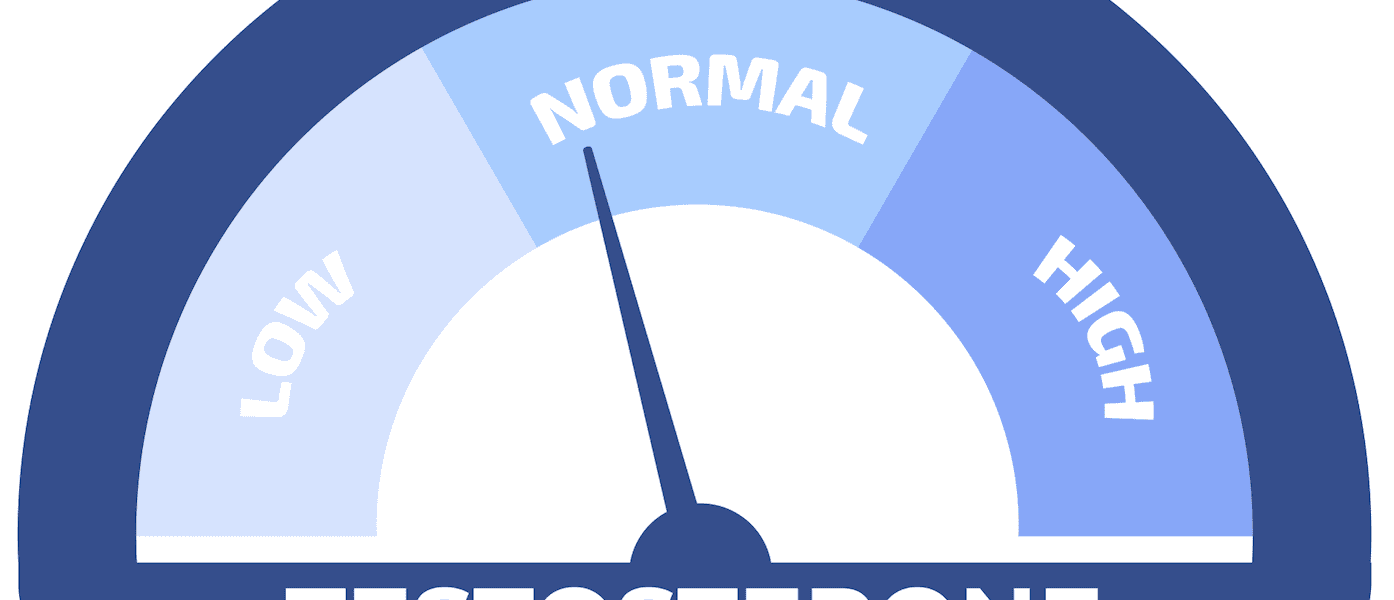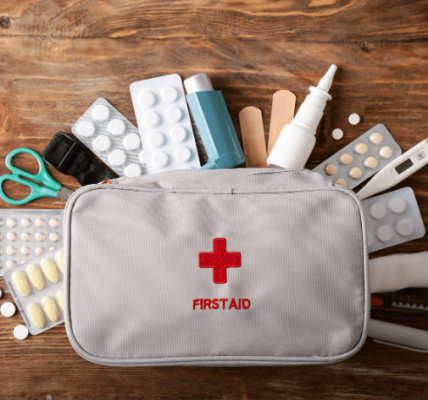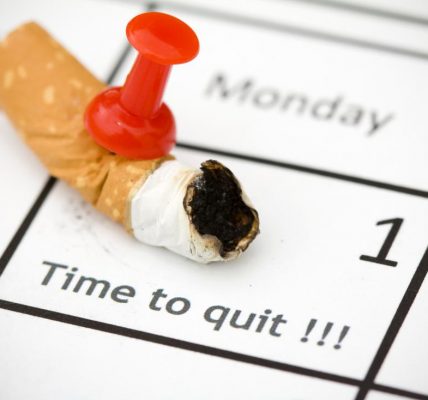Testosterone is a hormone primarily produced in the testes in men. It plays a crucial role in male sexual development and function, as well as overall health.
Functions of Testosterone
- Sexual Development: Testosterone is essential for the development of male sex characteristics, including muscle mass, bone density, and facial hair.
- Sperm Production: It plays a key role in sperm production and fertility.
- Sex Drive: Testosterone influences libido and sexual desire.
- Bone Health: It helps maintain bone density and strength.
- Muscle Mass and Strength: Testosterone contributes to muscle growth and strength.
- Mood and Cognition: It can influence mood, energy levels, and cognitive function.
Factors Affecting Testosterone Levels
- Age: Testosterone levels naturally decline with age.
- Lifestyle Factors: Poor diet, lack of exercise, and excessive alcohol consumption can impact testosterone levels.
- Medical Conditions: Certain medical conditions, such as hypogonadism, can lead to low testosterone.
- Medications: Some medications can interfere with testosterone production.
Low Testosterone (Hypogonadism)
Low testosterone, or hypogonadism, can lead to various symptoms, including:
- Decreased sex drive
- Erectile dysfunction
- Fatigue
- Decreased muscle mass and strength
- Mood changes
- Reduced bone density
Treatment for Low Testosterone
If low testosterone is diagnosed, treatment options may include:
- Testosterone Replacement Therapy (TRT): This involves administering testosterone in various forms, such as gels, injections, or patches.
- Lifestyle Changes: Adopting a healthy lifestyle, including regular exercise and a balanced diet, can help improve testosterone levels.
Important Note: It’s crucial to consult a healthcare provider to determine the underlying cause of low testosterone and discuss appropriate treatment options. Self-treatment with testosterone supplements can be harmful.
Remember, maintaining optimal testosterone levels is essential for overall health and well-being.




